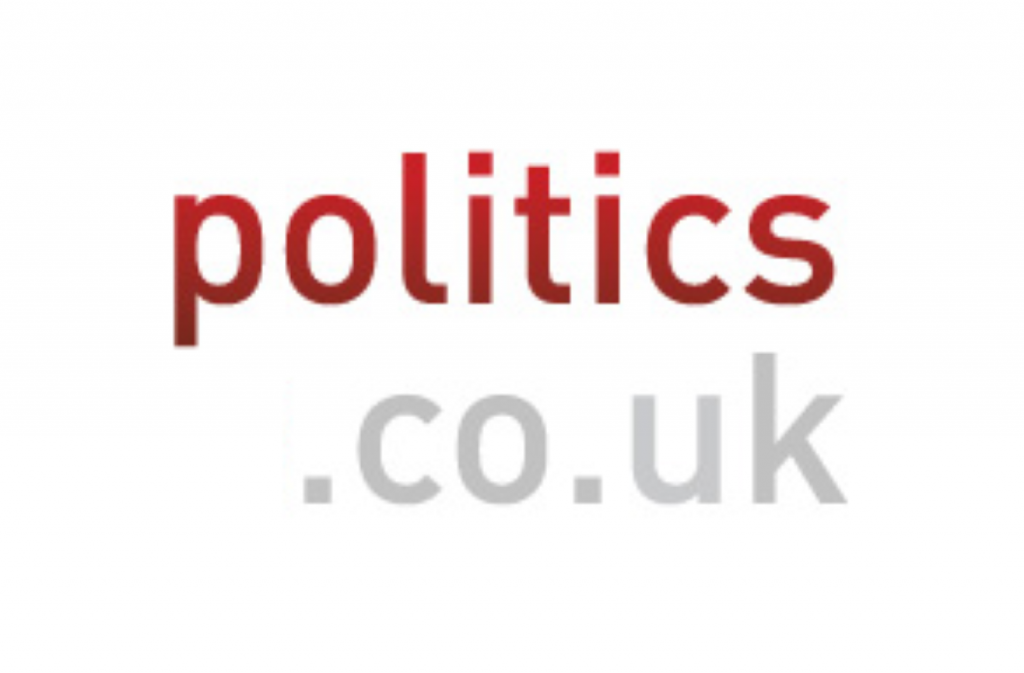Sure Start ‘not helping the most in need’
The Conservatives have accused the government of burying bad news by releasing a critical evaluation of the Sure Start programme the same day as a landmark pensions report.
The five early reports from the National Evaluation of Sure Start (NESS) find that the flagship government scheme, which aims to provide joined-up childcare, health and emotional support for children, is making a difference to a large number of families.
But the independent assessments warn that it is failing to reach some of the most disadvantaged parents and children, and say that work in some local Sure Start programmes (SSLPs) is not as effective as it should be.
Education secretary Ruth Kelly insisted the programme was having an effect but admitted more needed to be done. Today, she released new guidelines on sharing best practice to help SSLPs make contact with hard to reach groups through outreach and home visiting schemes.


However, shadow families secretary Theresa May accused the government of putting off publication of evaluation until today, when Lord Turner’s long-awaited pensions report was likely to dominate the news agenda.
“The government delayed the publication of this report from September, and it is little wonder they have tried to bury the bad news today,” she said.
But she insisted the real problem was that the reports appeared to raise questions about the effectiveness of the whole Sure Start programme, which the Conservatives have supported – something she described as “deeply disappointing”.
“It is time for the government to urgently reassess the way forward with Sure Start. We all want it to work, but ministers must accept that the current scheme just isn’t bringing the results it should,” Ms May said.
She added: “It is time for ministers to involve the voluntary and private sector, and to allow parents and local communities much greater control over the way they bring up their children.”
The report into the early impact of SSLPs finds that, far from helping deprived children in the areas where it is operational, they are actually having a negative effect in comparison to children in similar circumstances in other areas.
It warns that “special efforts” may need to be made to ensure that those most in need are not deprived of assistance due to the way in which SSLPs operate, which often relies on parents taking the initiative to visit a children’s centre.
In response, Ms Kelly announced a new set of guidelines outlining how local programmes can improve the tailoring of Sure Start services and make contact with hard-to-reach groups.
The education secretary insisted Sure Start was a “key part” of the government’s strategy to support families and children during the first years of their lives, and said the programme was “breaking new ground for the modern welfare state”.
“The evaluation findings – even looking at Sure Start at an early stage – show positive results for most children and families,” she said.
“Sure Start is a great success, but as the report suggests, we must make sure that its benefits reach everyone who needs them, particularly the disadvantaged.”









